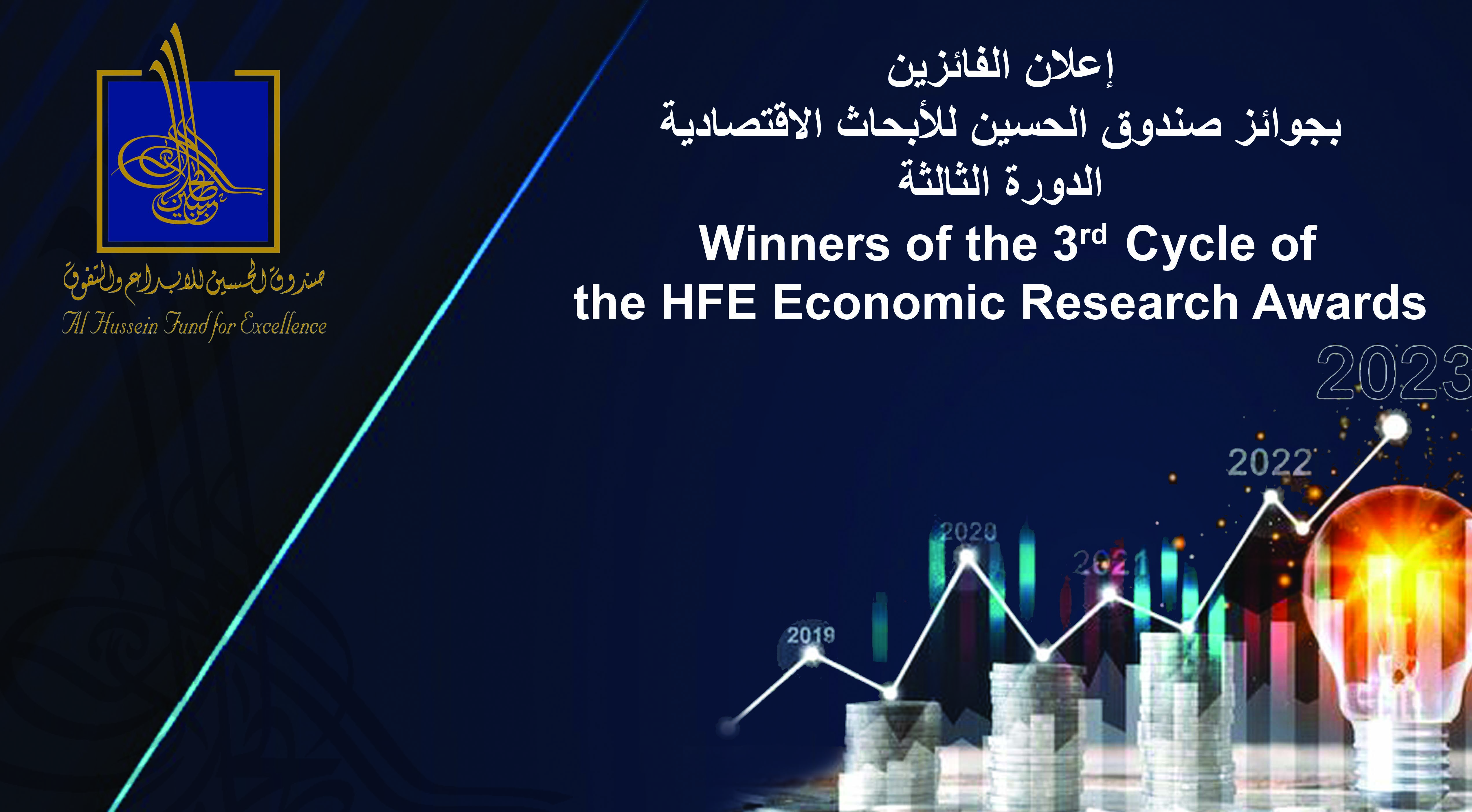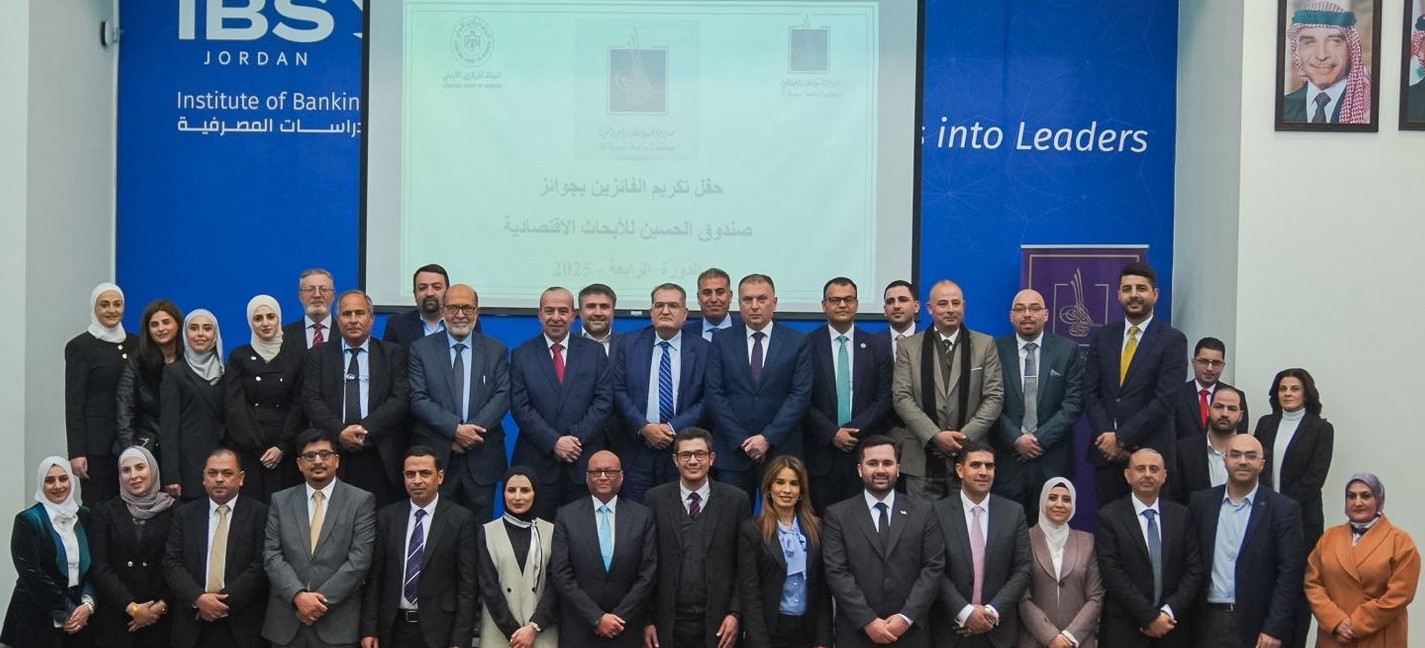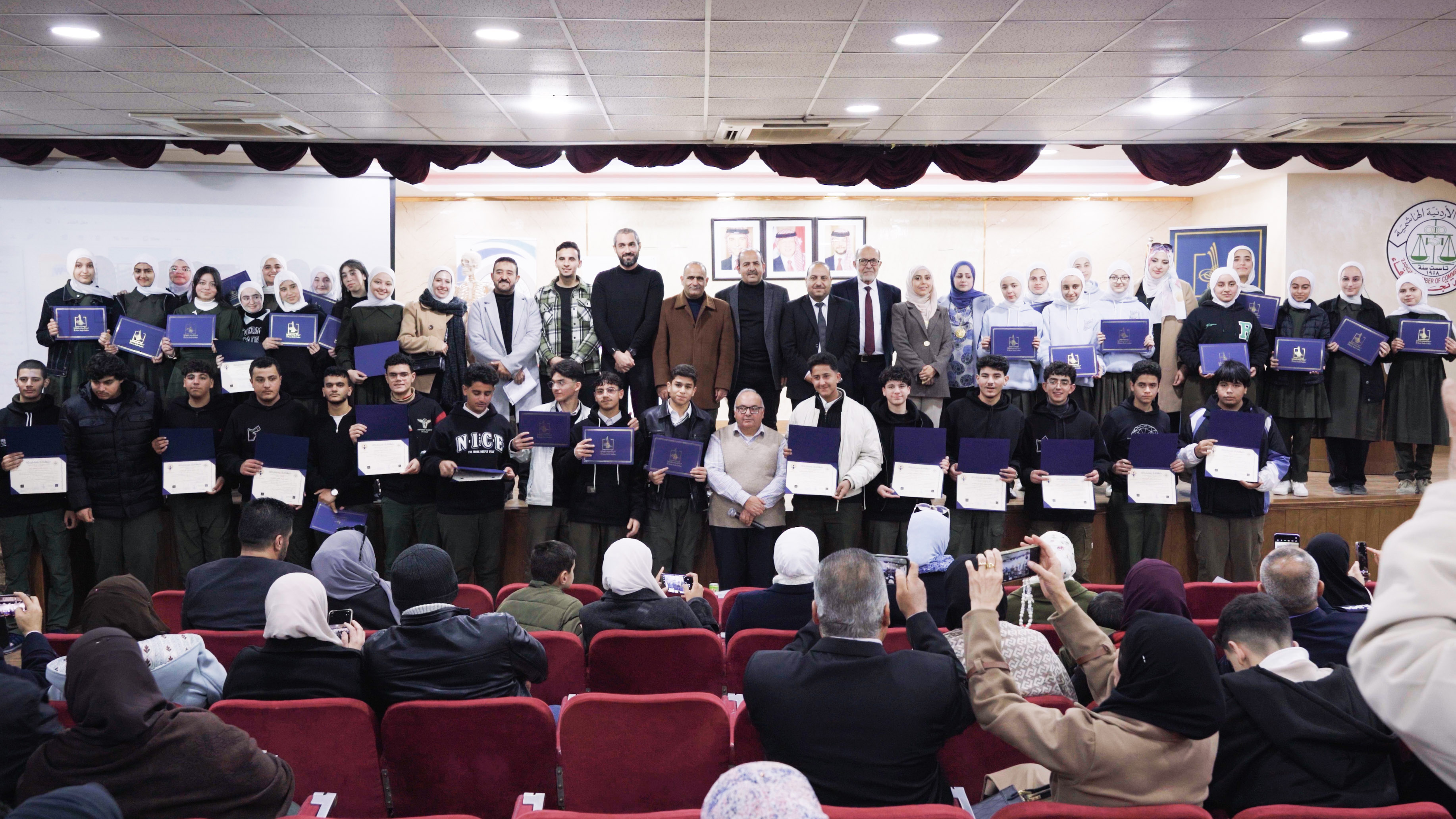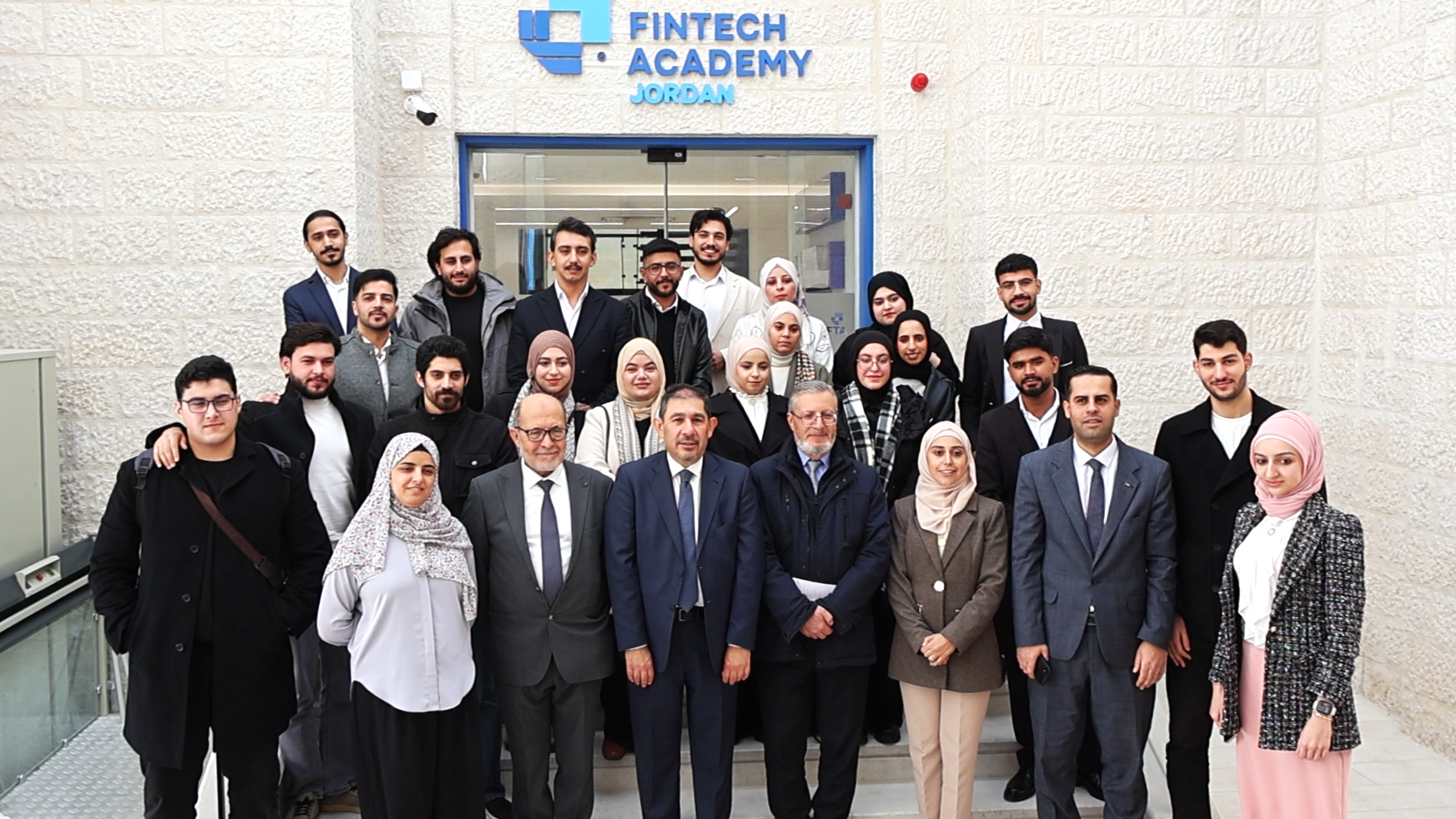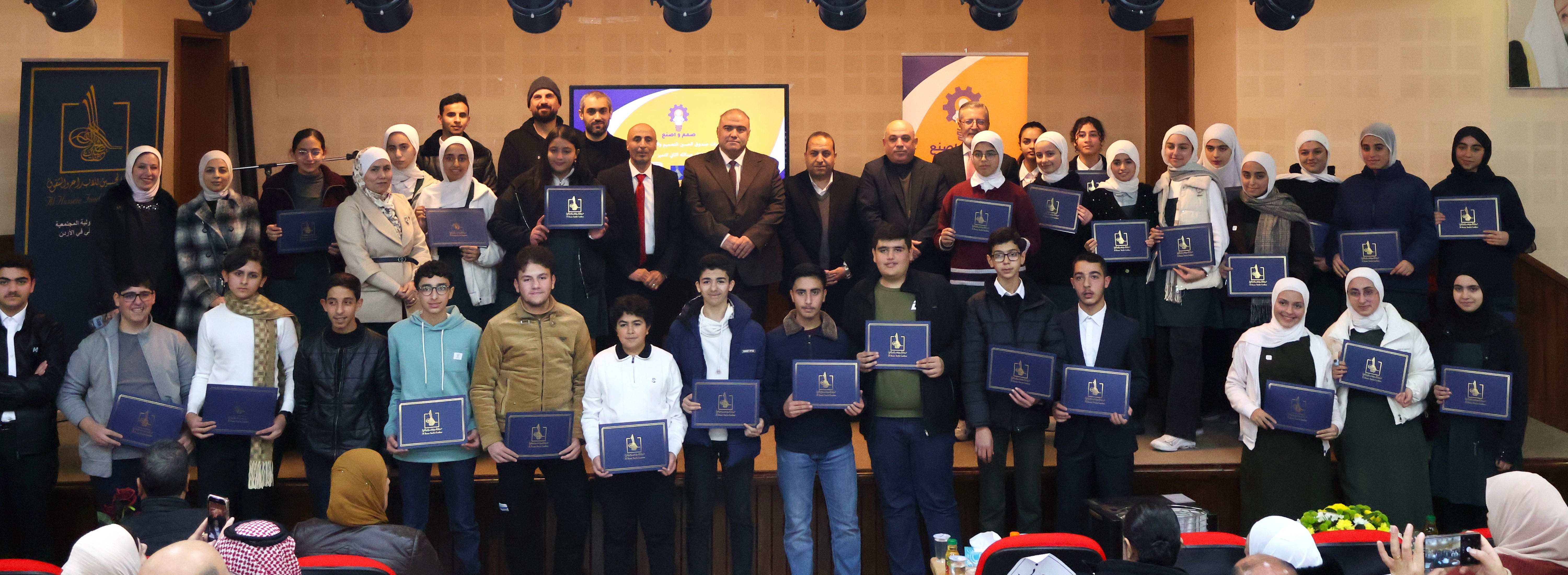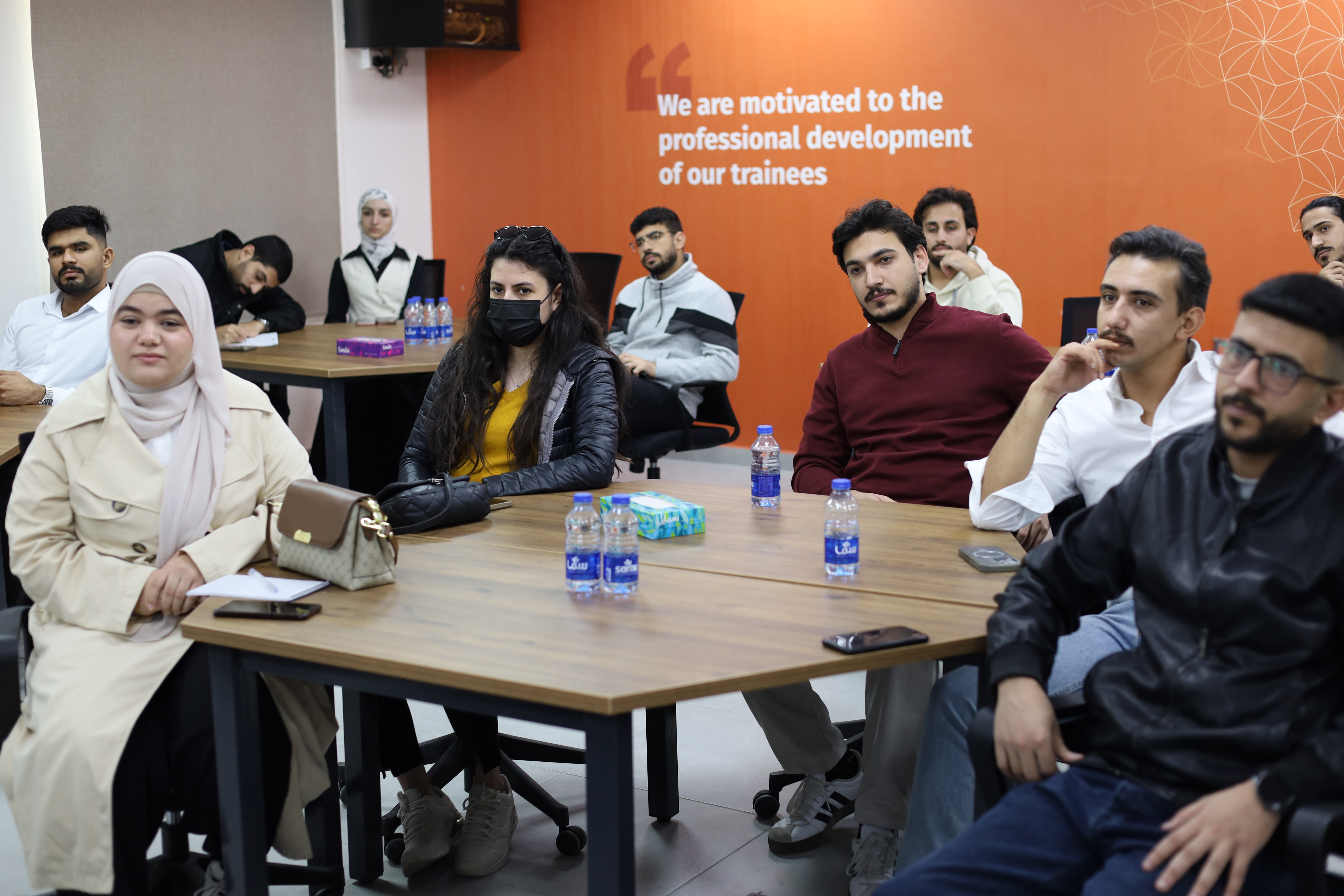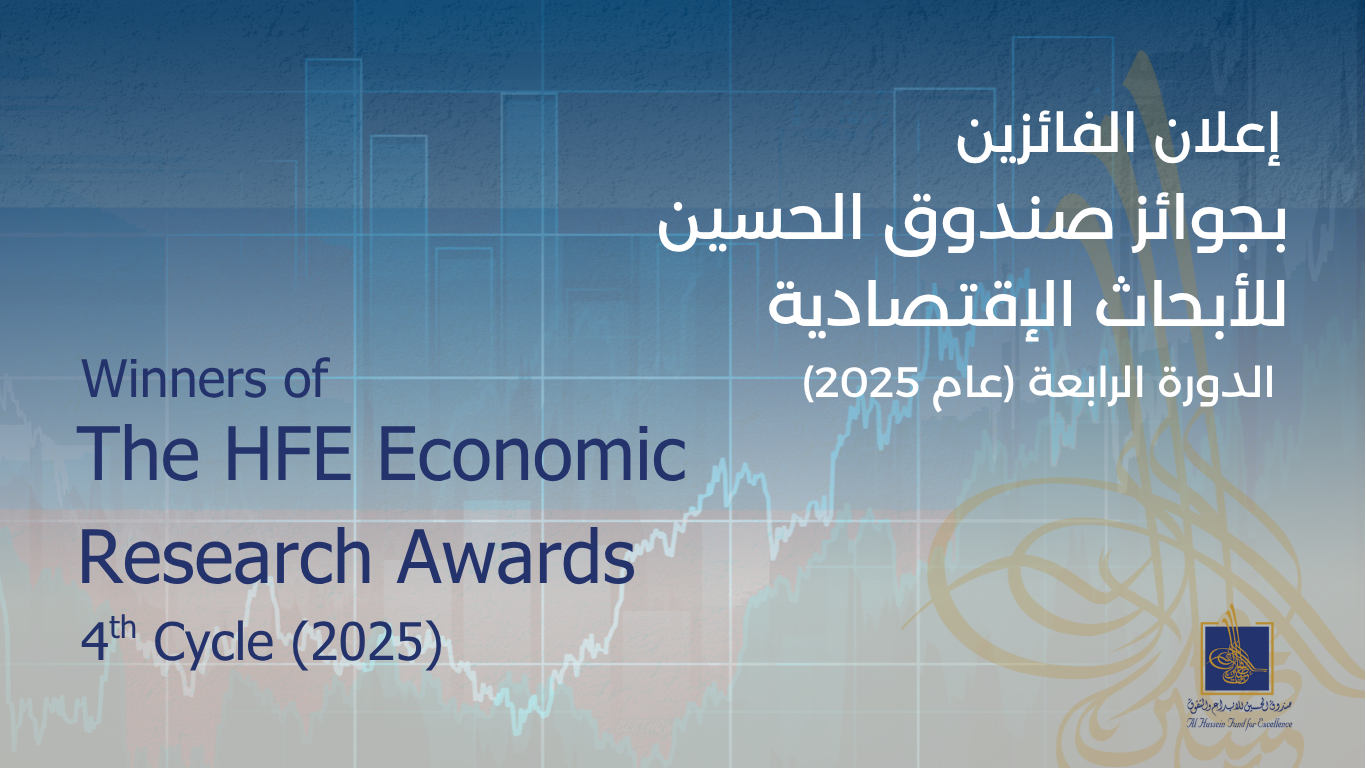The HFE Board of Directors, chaired by His Excellency Dr. Adel Al-Sharkas, Governor of the Central Bank of Jordan, approved the recommendations of the Scientific Committee and the juries for the third cycle of the HFE Awards for Economic Research (2023).
According to the results, in the field of monetary policy, the research titled "The headline inflation rate forecasts using the Long Short-Term Memory (LSTM) Model" by Amani Harbi Al-Rawashdeh from the Central Bank of Jordan won. For the master thesis, the award was granted to "The Impact of monetary policy instruments on foreign direct investment in Jordan" by Marwa Dawood Mahmoud Nassar from Al Al-Bayt University, supervised by Dr. Abdullah Mohammed Ghazo.
In the field of financial and banking sector, the reaserch prize was jointly awarded to "The impact of intellectual capital on financial performance of commercial banks: the mediating role of competitive advantage" by Professor Mohammed S. Awad from Mutah University and Ali Mohammed Qutaishat from Cairo Amman Bank, together with the research "The Impact of Financial Technology on the Jordanian Banking System" by Dr. Mazen H. M. Al-Basha from Al-Zarqa University. The master's thesis titled " The Impact of Corporate Governance on Financial Fragility: An Evidence from Jordanian Non-Financial Companies" by researcher Hamdi W. Al-Samman from the Hashemite University, supervised by Dr. Ibrahim Al-Khattab and Dr. Wasfi Al-Salamat, also won. Additionally, the award for doctoral dissertation was granted to "Obstacles to Agricultural Financing in Islamic Banks in Jordan" by Dr. Ahmed M. Al-Jabali from the International Islamic University in Malaysia.
In the field of green economy, the award was jointly given to the research "Orange Economy: definition and measurement- The case of Jordan" by researchers Dr. Serena B. Sandy from the German Jordanian University and Professor Noah Ali Al-Shiyab from Al Yarmouk University, together with "Firm Performance and Green Factors: Does Monetary Policy Matter? A Study on Jordan's Financial Sector" by Dr. Omar S. Arabiat, Dr. Hashem A. Al-Sharfat from the Hashemite University, and Dr. Allam Mohammed Hamdan from Ahlia University in Bahrain.
In the master's thesis category, the award was jointly given to the thesis "Green Supply Chain Management and Firm Performance in the Jordanian Manufacturing Sector: The mediating role of work engagement" by researcher Omar T. A. Al-Muraib, supervised by Dr. Mohammed Al-Ghababsha from Mutah University, together with the thesis "The relationship between business strategy, green supply chain management and firm performance in the Jordanian manufacturing sector" by researcher Dana I. Abu Khudair, supervised by Dr. Mohammed Al-Ghababsha from Mutah University. The award for doctoral dissertations was withheld due to the lack of qualifying theses.
In the field of labor economics, the research "The Role of Financial Stability in Strengthening the Relationship between Financial Inclusion and Investments in the Jordanian financial sector" by researchers Dr. Abdul Karim F. Al-Bataineh, Dr. Yasser M. Hameshri from University of Petra, and Dr. Ahmed R. Jewels from Al-Zarqa University. The award for master's theses was withheld due to a lack of qualifying submissions. For doctoral dissertation, the award was granted to "The Effects of the Arab Spring Crisis, Industry Type, and Ownership Structure on Corporate Social Disclosure" by Dr. Ahmed R. Al-Azzam from the National University of Malaysia.
In the field of digital economy and financial technology, no research award was given, but the master's thesis award was jointly given to the thesis "The Impact of Digital Economy on Economic Activity" by researcher Dima Naji Al-Majali, supervised by Dr. Ahmed Al-Majali from Mutah University, and the thesis " The Effect of Using Blockchain Technology on the Quality of Financial Statements in Jordanian Commercial Bank" by researcher Abdullah Mohammed Al-Droubi, supervised by Dr. Noufan Hamed Al-Aleimat from Al al-Bayt University. Additionally, the doctoral dissertation titled " Effects of ICT Investment and Usage on Economic Growth in MENA Countries: Does Governance Matter?" by Dr. Mohammed Nail Abu Al-Foul from Swinburne University of Technology in Australia was jointly awarded with the dissertation titled " The Effect of Artificial Intelligence on Reducing the Risk of Internal Control at Jordanian Commercial Banks Listed on the Amman Stock Exchange, the Mediating Role of Cloud Governance" by Dr. Ola Mazen Brik, supervised by Dr. Alaa Matarna from World Islamic Sciences and Education University.
A total of 114 works were submitted for the third cycle of the awards, spanning five fields. After initial screening, some works were excluded for not meeting the submission criteria, either in terms of topic, research year, or adherence to scientific research standards in economic fields.
Dr. Ali Yaghi, General Manager of al Hussein Fund, and Chairman of the Scientific Committee for the Economic Awards, stated that 101 works passed the initial screening stage, including 66 research papers, 24 master's theses, and 11 doctoral dissertations. These works were distributed across 12 in the field of monetary policy, 36 in the financial and banking sector, 17 in the green economy, 14 in labor economics, and 22 in digital economy and financial technology. He emphasized that the awards committees were formed according to the fields of the award, with 47 judges participating from economics and business faculties in Jordanian universities and researchers from the Central Bank. Thirty-two professors from public universities, nine professors from private universities, and six specialists from the Central Bank and other financial institutions participated in the judging.
Dr. Yaghi also stressed that the awards' scientific committee ensured fairness, integrity, and transparency in the judging process, including anonymizing submitted works and removing any reference to the authors or their institutions before sending them to the judges. To ensure integrity, no works were sent to a judge employed at the same institution as the author, and no master's theses or doctoral dissertations were sent to any judge who could have academic ties to the supervising university or participants in external exams and supervision of these theses and dissertations. Each work was sent to two judges, and if there was no agreement between the judges, the work was sent confidentially and independently to a third judge.
On behalf of the Board of Directors of Al Hussein Fund for
Excellence and the Scientific Committee for the Awards, Dr. Yaghi congratulated all the winners of the third cycle of the economic awards (2023), praising the scientific and academic quality of all the submitted works.
Al Hussein Fund for Excellence is a non-profit institution established by the working banks in Jordan in 1999 to serve as a social responsibility arm of the banking sector in Jordan. The fund aims to be a center for encouraging creativity and excellence and advancing sustainable development in Jordan by contributing to nurturing and developing creativity in technological and developmental fields, developing talents and capabilities, and providing opportunities for them to express themselves.
The fund collaborates with many national, governmental, private institutions, and civil society organizations and sponsors and supports many projects in cultural, scientific, and technological fields.

